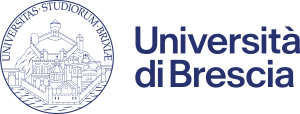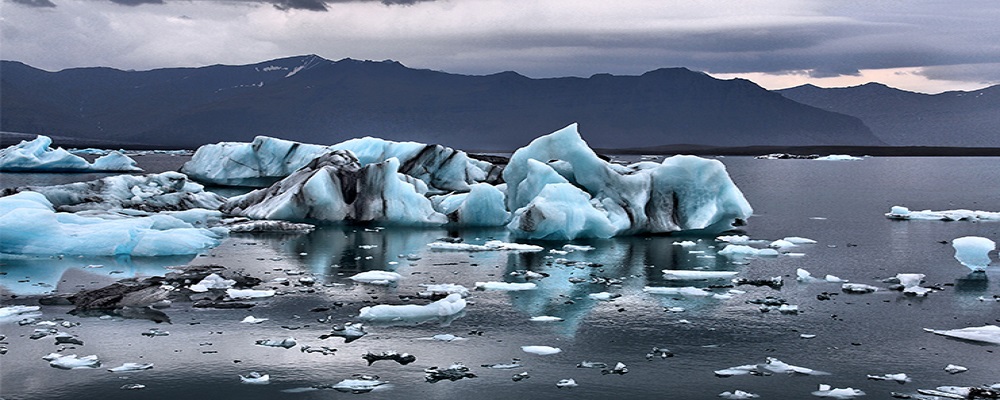Over 250 scientists, professors and intellectuals have signed the letter “No to false information on climate: global warming is of anthropic origin” promoted by Prof. Roberto Buizza, physicist at the Institute of Life Science of the Scuola Superiore Sant’Anna Pisa is addressed to the President of the Republic, the President of the Senate, the President of the Chamber of Deputies and the President of the Council of Ministers, to say no to fake news on the environmental issue and to reiterate the absolute necessity for a change of course.
Among the signatories, for the University of Brescia, also Prof. Roberto Ranzi, Professor of Hydraulic and Maritime Constructions and Hydrology, and Prof. Giovanna Grossi, Associate Professor of Hydraulic Construction,
The initiative is a response to a “Petition on anthropic global warming”, published online June 17, which questions the link between global warming and anthropogenic greenhouse gas emissions. Questioned by the promoters of the open letter, “with superficial and erroneous arguments” and by people who are not climate experts.
The disputed petition says that “the anthropic origin of global warming is an unproven hypothesis”. There are, say the signatories, a natural climate variability that “explains a substantial part of global warming observed since 1850. The anthropic responsibility for climate change observed in the last century is therefore unjustifiably exaggerated and catastrophic predictions are not realistic”.
The signatories of Prof. Buizza’s open letter are of contrary opinion. Scientists reiterate that data, from many sources, “say that the Earth system is today subjected to very marked climatic variations that are taking place on extremely short time scales”. They continue by emphasizing that the concentrations of greenhouse gases, such as carbon dioxide and methane, are constantly increasing due to the strong use of fossil fuels and practices such as intensive farming.
The scientists then refute what was said in the online petition, stressing that “the existence of a climatic variability of natural origin cannot be used as an argument to deny or diminish the existence of global warming due to greenhouse gas emissions; the natural variability overlaps that of anthropic origin, and the scientific community has the tools to analyze both components and study their interactions ».
All the scenarios therefore confirm that, by continuing in this way and without reducing greenhouse gas emissions, the effects of climate change will jeopardize the development of society and the future of future generations.
And for this reason, experts conclude in the letter, “effective and urgent measures must be taken to limit greenhouse gas emissions and maintain global warming and the associated climate changes below the danger level indicated in the Paris agreement of 2015 (keep the global average temperature increase well below 2 ° C compared to pre-industrial levels, and pursue efforts to limit the temperature increase to 1.5 ° C) “.
The letter closes reiterating that the problem of climate change is important and urgent to address for Italy and for the whole world. “Policies aimed at mitigating and adapting to these climate changes should be an important priority in the national political debate to ensure a better future for future generations”.
It is in this framework that the “CFC Climbing For Climate” initiative is also part, a climb up the Adamello Glacier on 19 and 20 July. to sign a declaration, the “Adamello Declaration”, which commits the Universities, the Italian Alpine Club, the Italian Glaciological Committee and the other institutions participating in the initiative to fight global warming by forming students, promoting research aimed at sustainable development of our planet and raising public awareness.
The initiative was attended by Prof. Roberto Ranzi and the Rector of our University, Prof. Maurizio Tira.
Complete photographic material


